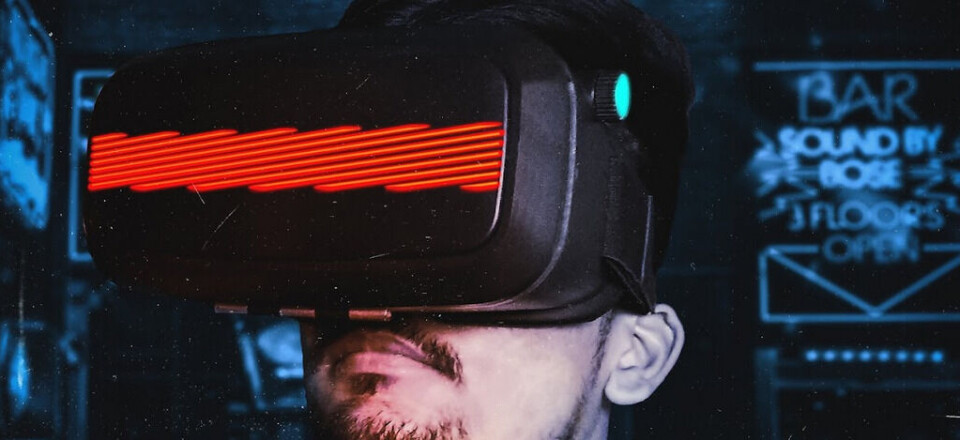Copyright : Re-publication of this article is authorised only in the following circumstances; the writer and Africa Legal are both recognised as the author and the website address www.africa-legal.com and original article link are back linked. Re-publication without both must be preauthorised by contacting editor@africa-legal.com
Legal realities in the virtual world

The “real” world presents countless legal complexities, but in the virtual world these are even more complicated, and the metaverse presents a unique challenge. Abdulateef Ibrahim took a closer look at some of the issues.
The metaverse, an alternate reality that pushes boundaries between the physical and virtual realms, is not new but is fast gaining momentum. This virtual reality space enables users to interact with a computer-generated environment and other users in real-time; they can create avatars, interact with other users, participate in activities, and even conduct business in the metaverse.
On the heels of Facebook’s transformation into Meta, the metaverse has attracted increased attention, and although it has apparently made huge losses for Mark Zuckerberg so far, that’s not necessarily how it will end. According to a report by Statista, the global metaverse market size was estimated to be $65.5 billion in 2022 and is predicted to increase to $82 billion in 2023 and reach $936.6 billion by 2030.
As it grows, this virtual world presents a variety of new challenges in the legal landscape. Protecting intellectual property in the metaverse, safeguarding personal data, defining virtual currency regulations, and determining jurisdiction for disputes are some of the critical areas that require attention.
Mustapha Olawoyin, a tech-lawyer and compliance analyst in Nigeria, says the metaverse is “still an evolving area and as such a lawyer must get acquainted with the space and must therefore be able to isolate these issues in order to advise clients properly. Lawyers need to go the extra mile of understanding the intricacies and the happenings in the Meta space.”
As these technologies continue to develop, novel and complex legal issues involving antitrust, data and consumer privacy, intellectual property, real estate, and financial regulatory compliance will become increasingly commonplace.
Yunus Adelodun, a lawyer and postgraduate student at the University of Bradford believes that the major issue is regulating this space. Who does what and how? What is enforcement going to look like? “Stakeholders, including governments at both national and international levels, must provide guidance and frameworks for regulating the metaverse. I believe we are moving towards this soon; the UK government discussions on AI is a pointer to this.”
Kenya is one of the countries leading the charge in the metaverse, and the Kenya Metaverse Community recently hosted the second Pan-African AI summit.
Akintunde Agunbiade, a lawyer and Responsible AI Fellow at Stimson Center confirmed that one of the impacts of the metaverse on the legal systems is how it whittles down boundaries. “Generally, law tends to be very territorial. Since the metaverse is a completely digital realm, and quite unlike the internet, it is more of a string of varied private ecosystems like Meta, Soundbox etc. This may then pose difficulties for law authorities to properly control the activities that happen in the metaverse. Domiciles of companies for the purpose of taxation also have to be adapted.”
There have also been reports of harassment cases where people’s avatars were subjected to cyberbullying in the metaverse, indicating a need to expand the frontiers of the law to ensure adequate responses to these situations.
Protection of intellectual property is another huge concern in this arena, and those laws will also have to be extended to cover the digital representation of goods.
CMS has published a series of articles on the metaverse that also make for enlightening reading.
To join Africa Legal's mailing list please click here
